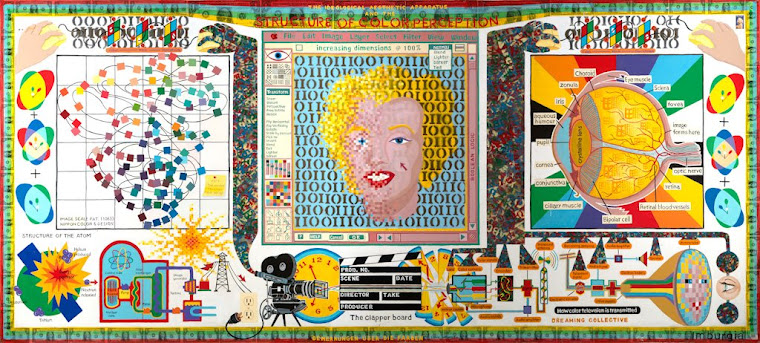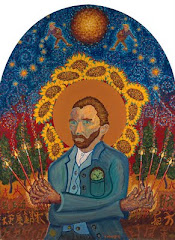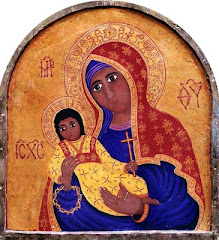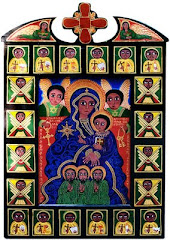 |
| Yutu |
The small Chinese moon rover, Yutu, just suffered some sort of malfunction and so he/she(?) live blogged his/her death as he/she slowly froze to death (?) over the lunar night. I had to search all around the internet to piece together most of Yutu’s final messages. A lifetime of Disneyfication has rendered me vulnerable to a kind of grief and mourning (and even tears) over the demise of faithful little Yutu (she really is the model of the perfect corporate worker, our Overlords should be pleased!). Meanwhile on our own dying planet millions perish without my noticing....
1/25/2013: Last messages from Yutu:
“Ah ...... I'm broken.”
“Able to look at the moon, but also to share with you, I've been very happy. In the near future on the moon will drop to minus 180 ℃. I do not know when can not be repaired, so, let me wish you all a Happy New Year in advance!”
“Although I should’ve gone to bed this morning, my masters discovered something abnormal with my mechanical control system. My masters are staying up all night working for a solution. I heard their eyes are looking more like my red rabbit eyes. Nevertheless, I’m aware that I might not survive this lunar night.”
Here the sun has fallen, the temperature dropped so fast. Tell you a secret, in fact, I do not feel particularly sad. I was just in their own adventure story...at least I was finally able to see the complete Earthrise!
“Mother Chang 3 [the mother ship] doesn't know about my problems yet. If I can't be fixed, everyone please comfort her.”
“If this journey is to be suspended ahead of schedule, I am not fearful, No matter whether I can be fixed or not, I believe I have left my masters much valuable information and experience.”
“Before departure, I studied the history of mankind's lunar probes. About half of the past 130 explorations ended in success; the rest ended in failure. This is space exploration; the danger comes with its beauty. I am but a tiny dot in the vast picture of mankind's adventure in space.”
“The sun has fallen, and the temperature is dropping so quickly...to tell you all a secret, I don't feel that sad. I was just in my own adventure story - and like every hero, I encountered a small problem.”
“Goodnight, Earth, Goodnight, humanity."
God bless you Yutu.
 |
| Chang'e 3, Yutu's mother alone now on the moon. |
Let me also offer this sort of space related poem I have been reworking. Eta Carinae is a actual star that I discovered was in the process of dying.
Dying For Beginners (a guide from the stars)
Eta Carinae: No. 4U 1037–60 (A 1044–59)
From the catalogue of dying stars
I chose Eta Carinae
To pray for
Experts are predicting her death
Within the next 3 million years
But her core is already collapsing
Ending this cycle of her life’s journey
She is beautiful
I have seen the pictures
It was Rublev the Russian astronomer
(Not Rublev the painter of God’s shadows)
That first described her beauty
Mapped the contours of her body
But also foretold her dissolution
And later reduced her to a numerical coordinate
It is harder to pray for a number
The Chinese once called her “Heaven’s altar”
Noting In the Book of Jin
That she was second in glory only to Sirius
But she was first named
‘The Vermilion bird of the North’
Her changing colors were believed to
Predict the future of our lives
Bandits from the north ringed the city of Jiankang
They demanded gold and young women
Or they would destroy the whole town
As the gate began to fall
And all in the city faced destruction
The brave young woman called Ming-huá:
Chose to sacrifice her life for her people
She Leapt from the high tower over the gate
Stretching wide her arms as she fell
Miraculously they were transformed
Into vermilion wings of fire
All witnessed the blazing flames and fiery embers
Tracing the arc-light of her flight through the night sky
Burning enemies to cinders and ash
Then she soared up into the near-eternal heavens
Nesting in the Northern sky
Where she still watches over her people, for now
There she has birthed her own offspring
A luminous blue variable
Together they dance as they die
Flinging into the cosmos all their matter and light
Giving their masses over to disintegration
A display never seen before by human eyes
Stars spiraling in a magellanic cloud of witnesses
As Sirius weeps for the loss
I am told by the doctors that
When she dies there will be
One magnificent burst of light that
Will outshine the entire galaxy
In that momentary flash
All her energy will dissipate
Transforming again into elementals
What makes stars what they are
Heartbreakingly beautiful
It takes 80,000 years
For light to reach us from Eta Carinae
But prayers travel faster than light
We have time to seek divine intervention
Even if what will happen has already happened
Time is no matter for a God
Of colliding galaxies and falling sparrows
It is a great gift and sorrowful burden
To be given a heart
That can mourn the death of stars
Like our own mothers
Much obliged.












